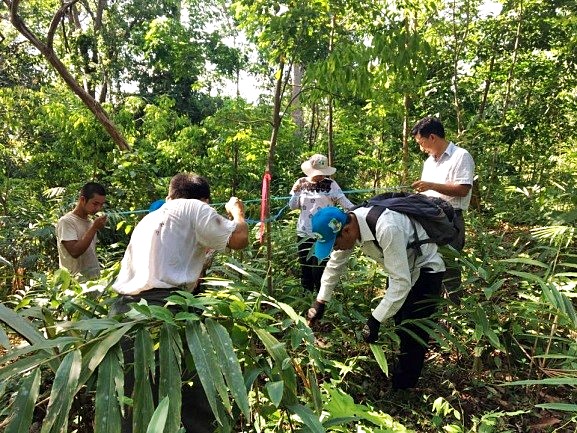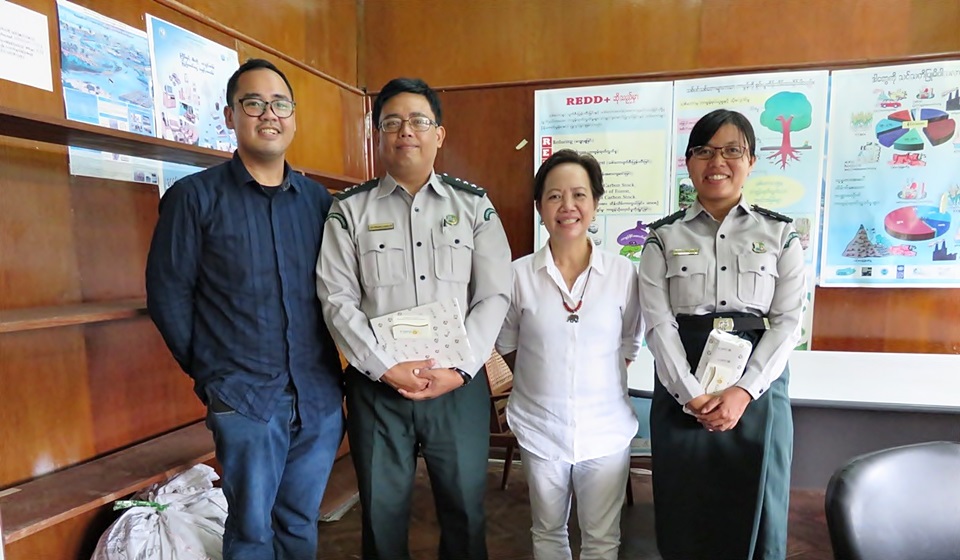The ASRF-Myanmar project is the Assessment of Non-Timber Forest Products (NTFPs) in Mountainous Regions of Myanmar towards Community Forestry Development, the proponent of which is the Forest Research Institute, Ministry of Natural Resources and Environmental Conservation. The project aims to assess NTFPs in Kachin and Kayin state in terms of resource availability and the constraints, opportunities, and perception of local communities to domesticate NTFPs in Community Forestry (CF) areas. It is expected to produce policy recommendations for the sustainable management and utilization of NTFPs.
The ASRF-Thailand project is Assessing the Potential of NTFP for Value Chain and Community Forestry Enterprises Development in Northern Thailand. The project was endorsed by the Royal Forest Department and will be implemented by the Faculty of Forestry, Kasetsart University. The project aims to study and identify the most promising NTFPs in Northern Thailand, which are widely produced, used, and traded. The result is expected to increase the capacity and knowledge of local communities in terms of production technology and sustainable management of NTFPs. Furthermore, policy recommendations will contribute to CF enterprises development.
 Assessment of resource availability in Kayin State.
Assessment of resource availability in Kayin State.
Ms. Amy Lecciones and Mr. Xyrus Capiña, ASRF Regional Program Coordinator and Project Associate, respectively, of SEARCA ASRF Program Management Office (PMO) will meet the project teams in Myanmar and Thailand to discuss the status and accomplishments of their respective ASRF projects.
The PMO and the project team in Myanmar will likewise visit the project site in Thandaunggyi, Kayin State to have a dialogue with the members of the community regarding the contributions of NTFPs toward CF development.
The M&E is one of the important activities of the ASRF, which serves as an opportunity for the PMO to meet the project implementers, observe the on-site project activities, and interact with project stakeholders. It also serves as a learning exchange between the ASRF PMO and the grantees. The lessons and recommendations gained from this activity are of utmost relevance to the ASRF Sustainability Plan. (Xyrus Godfrey B. Capiña)
